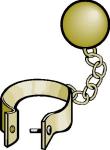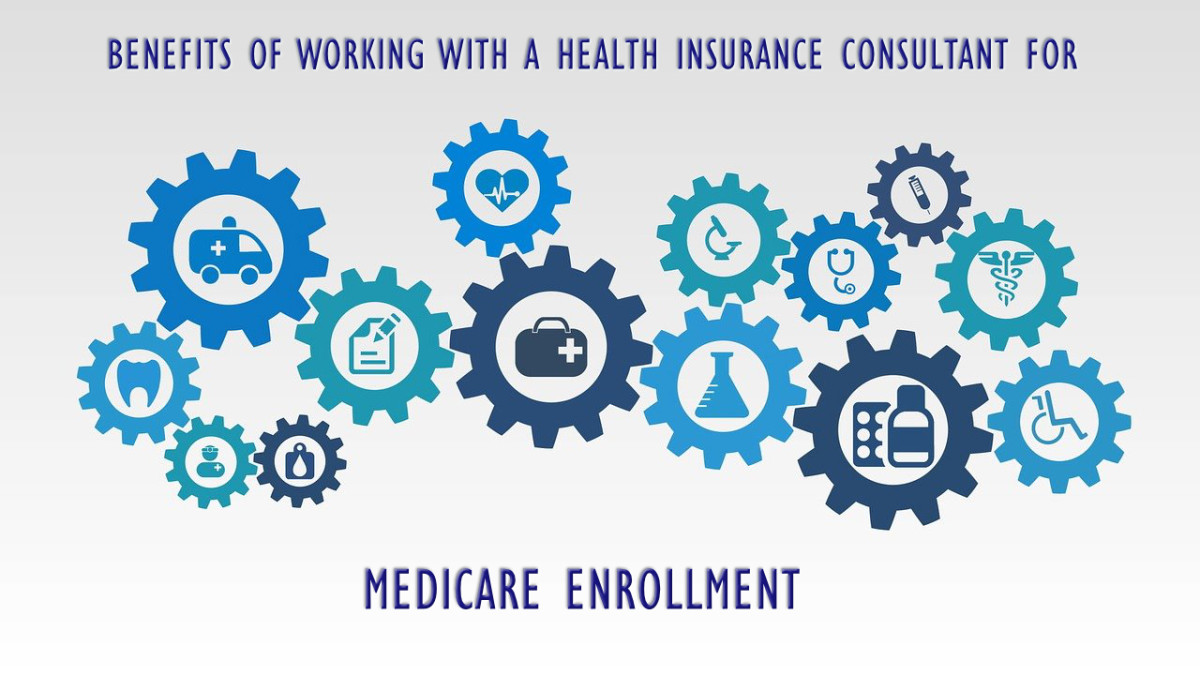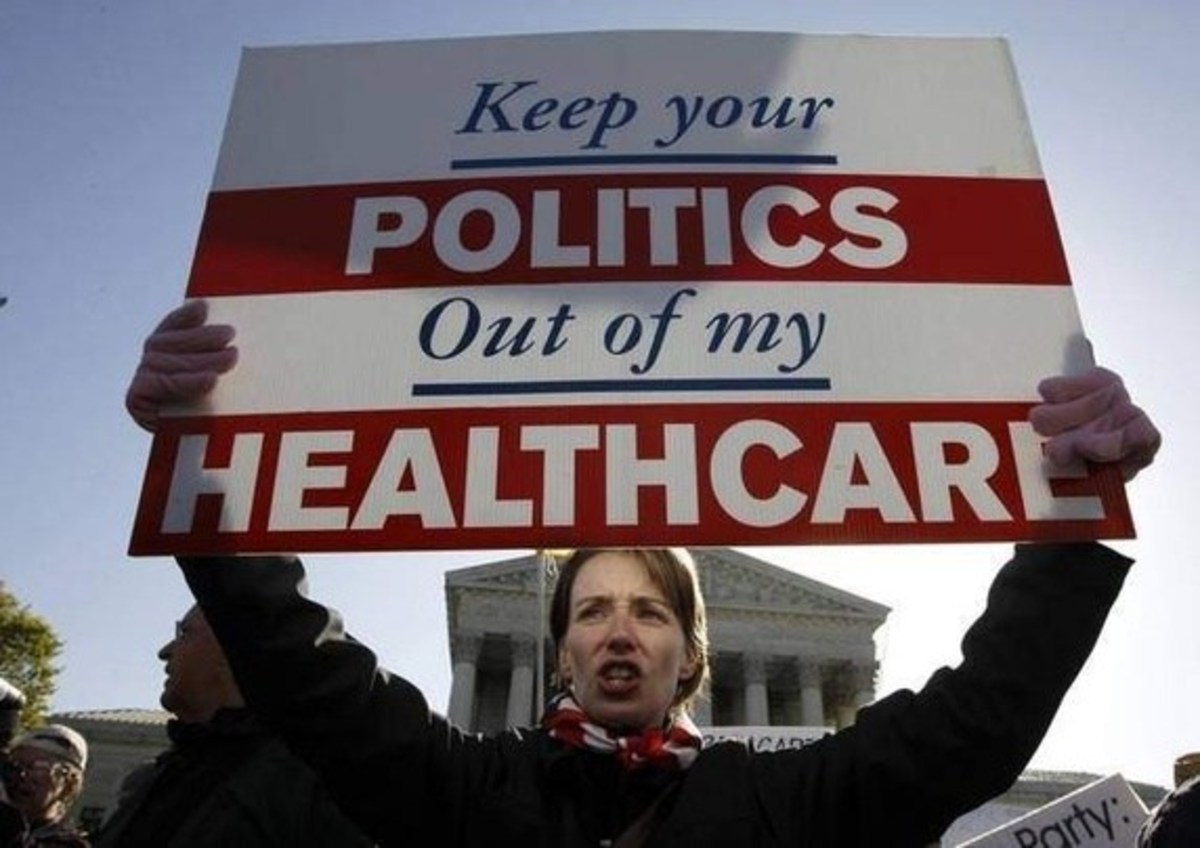Health Care Reform to Free Employees from Job-Lock
Health Care Reform to Free Employees from Job Lock

Job-Lock Definition
Job-lock refers to the reluctance of employees to leave their jobs because doing so will risk the loss of valuable benefits such as affordable employer-provided health insurance.
In 2010, 55% of Americans received employer-provided health insurance. The insurance is heavily subsidized, with employers picking up more than 70% of premium costs. The insurance is also provided to employees without any regard to pre-existing conditions, age or other factors.
As a result of job-lock, millions of employees have remained in their current jobs because they fear the loss of affordable health insurance if they were to leave. Many employees have refrained from starting their own businesses or joining small companies without comprehensive benefits. Others have been reluctant to switch to better paying jobs or jobs with better growth prospects. Still others have put off retirement.
Job-lock has imposed significant costs on the U.S. economy. It has inhibited entrepreneurial activity by preventing employees with great ideas from starting new businesses to exploit them. It has discouraged ambitious employees from moving from slow-growing large companies in mature fields to fast-growing small companies in high-tech fields. It has chained employees to lower-paying and less productive jobs.
Health Care Reform is a Key to Unlock Job-Lock
The health care reform of the Affordable Care Act ("ACA") will free many employees from job-lock starting in 2014.
Under the ACA, people in each state will be able to purchase health insurance from a health benefit exchange. Every policy sold by the exchanges will cover a package of "essential health benefits" including ambulatory and emergency care, hospitalization, maternity care, mental health and substance abuse treatment, prescription drugs, lab tests, rehab, chronic disease management and dental and vision care for children. Every policy will cover 60%, 70%, 80% or even 90% of all health care costs for the average person, depending on its cost. Thus, the ACA will insure that employees freed from job lock will have access to high-quality insurance plans.
The insurance policies sold by the health benefit exchanges will be prohibited from excluding people due to pre-existing conditions. Thus, employees currently locked into their jobs because they or their family members suffer from a medical condition will be free to find a better job without fear that they will be unable to replace their existing employer-subsidized health insurance with an affordable high-quality policy.
Many employees who anticipate needing to take a pay cut to start their own business or take a more satisfying job will be eligible for a tax credit to help pay for their insurance premiums. The ACA will thus enable many entrepreneurial employees to take the risk needed to commercialize their great ideas. The Health Reform Subsidy Calculator operated by The Henry J. Kaiser Family Foundation provides estimates of the cost of coverage under the ACA and the size of any premium tax credits.
Job-lock has been particularly severe for older workers since they and and their families use more health services than younger employees, and typically must pay much higher premiums for health insurance in the individual market. The ACA will be especially helpful for freeing older employees from job lock since it imposes restrictions on the price of health insurance policies for older people as opposed to younger people. Today, premiums for a 64-year old worker are typically five times higher than for a 19-year old. Under the ACA, this differential is capped at three times higher.
Health Care Reform Will Enhance Worker Mobility
The opportunity to purchase affordable health insurance through the health benefit exchanges will free Americans from job-lock. This freedom will enhance worker mobility as more Americans start their own businesses, move to smaller and faster-growing companies, and switch to better paying jobs with higher growth prospects. For a lucky few, the ACA will be a key to enjoying early retirement as it will help severe the strong tie between employment and pre-age 65 health insurance that has existed since the imposition of wage controls by the US government during World War II.
Other Health Reform Articles
- Will I Get a Tax Credit Under Obamacare?
Starting in 2014, millions of people will get tax credits to purchase individual health insurance under Obamacare (aka "the Affordable Care Act"). Will I get a tax credit under Obamacare?
- Application for Health Insurance under Affordable Care Act
The latest draft of the application for health insurance under the Affordable Care Act is 21 pages long. Its instructions are 61 pages long. Keeping organized will be key to completing it.
- Health Benefit Exchanges
A staggering 48.6 million Americans had no health insurance in 2011. Millions of others suffer from "job lock" because they fear losing their health insurance if they leave their current jobs. All of these Americans will soon have a new option.








